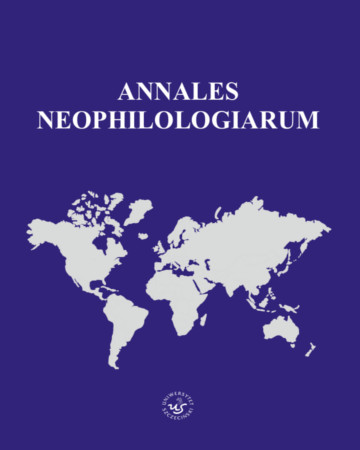





| Authors: |
Krystyna
Janaszek

Uniwersytet Szczeciński |
| Keywords: | emotional states Modern Languages language education process |
| Data publikacji całości: | 2018 |
| Page range: | 8 (5-12) |
| 1. | Benesch, H. (2002). Atlas psychologiczny. Warszawa: Wydawnictwo Prószyński i S-ka. |
| 2. | Brzeziński, J. (1987). Nauczanie języków obcych dzieci. Warszawa: Wydawnictwa Szkolne i Pedagogiczne. |
| 3. | Michońska-Stadnik, A. (2013). Teoretyczne i praktyczne podstawy weryfikacji wybranych teorii subiektywnych w kształceniu nauczycieli języków obcych. Wrocław: Wydawnictwo Uniwersytetu Wrocławskiego. |
| 4. | Piechurska-Kuciel, E. (2011). Trudności w rozwijaniu sprawności interakcyjnych – rola lęku językowego. W: H. Komorowska (red.), Nauka języka obcego w perspektywie ucznia (s. 242–243). Warszawa: Oficyna Wydawnicza Łośgraf |
| 5. | Szałek, M. (2004). Jak motywować uczniów do nauki języka obcego. Motywacja w teorii i praktyce. Poznań: Wydawca: Wagros. |
| 6. | Szewczuk, W. (1990). Psychologia. Warszawa: Wydawnictwa Szkolne i Pedagogiczne. |
| 7. | Szewczuk, W. (2000). Podstawy psychologii. Warszawa: Fundacja Innowacja. |